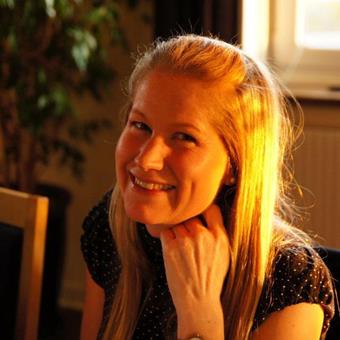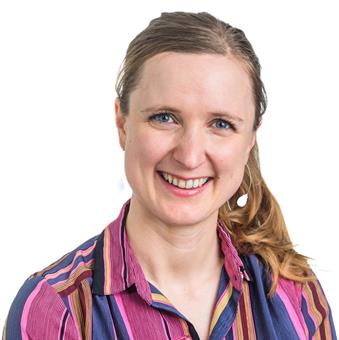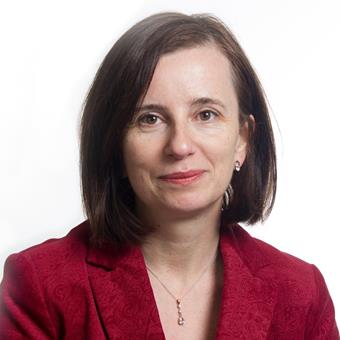Research in science education in Norrköping is characterised by diversity and an interest in how students and teachers create meaning by using different forms of representation. Our questions and problems largely determine the research approaches we adopt. The core consists of practice-oriented research aimed at understanding and problematising conditions for learning, education and teaching in preschools, after-school centres, schools, science centres and teacher training. The research is conducted in close collaboration with the technology education environment and with research groups around Sweden and abroad.
Science Education
Subject-based teaching in the natural sciences is a research area that conducts research in conjunction with teacher training at Linköping University.
Contacts
Research leader
Researach Administrator
Our areas of knowledge
Research projects
PhD students research projects
Sustainability education in science didactics
Manuel Fernández Santana, PhD student
The project focuses on the role of values and emotions in addressing sustainability in education and motivating behavioral change, as well as how visualization fosters meaningful discussions on sustainability-related topics. The work is situated within pre-service science teacher education, specifically with 'Naturkunskap' student teachers who explore sustainability topics from both historical and educational perspectives. The project pays particular attention to ethical and moral considerations and how these influence pre-service teachers' views on sustainability education, both as individuals and as future educators.
Biodiversity Conservation Education
Carole Chappuis, PhD student
The research focuses on Biodiversity Conservation Education, exploring teaching practices within this field, particularly how teachers implement biodiversity conservation initiatives with their students. It examines how these initiatives are incorporated into lessons and the dilemmas teachers face when addressing this topic. The research aims to discuss how such practices can be developed within formal school education to support a more sustainable future for the planet. There is a particular interest in the role of teachers in sustainability education and, more broadly, in the role of education in supporting sustainability and the green transition.
Perspectives on AI in Education
Cornelia Linderoth, PhD studentThe project explores various perspectives on AI in Education (AIEd), with a emphasis on science teachers in grades 7-9. This involves investigating how the introduction of AI affects assessment practices, and how teachers’ imaginaries influence their perception of AI’s potential. Furthermore, the project explores advisory policy documents on AI and its role in the school system at a global level, to shed light on international perceptions and hopes linked to AI in education. By focusing on science teachers in grades 7-9, the project aims to understand how these teachers perceive and adapt to AI technologies in their assessment practices.
Realising the broader aims of primary education through science education
Celeste Zimmermann, PhD student
Building from a Vision III science literacy perspective and critical theory framework, this research aims to further understanding the role of science education in shaping broader discourse around science, diversity, democracy, and ecojustice. Incorporating concepts such as Bildung, science capital, agency and emancipation, the project will primarily examine two arenas: the realization of the science curriculum in lower secondary science classrooms, and the discourses surrounding the purpose of science education and the identity of a science teacher promoted in teacher education programs.
The aim of the study is to access experienced science teachers' tacit knowledge about which didactical choices best offer students opportunities for Bildung in compulsory science education. Ultimately the project seeks to provide knowledge which could contribute to a restructuring of the science curriculum which some experts see as critical in order to prepare the next generation to face the technological and ecological challenges of the Anthropocene.










